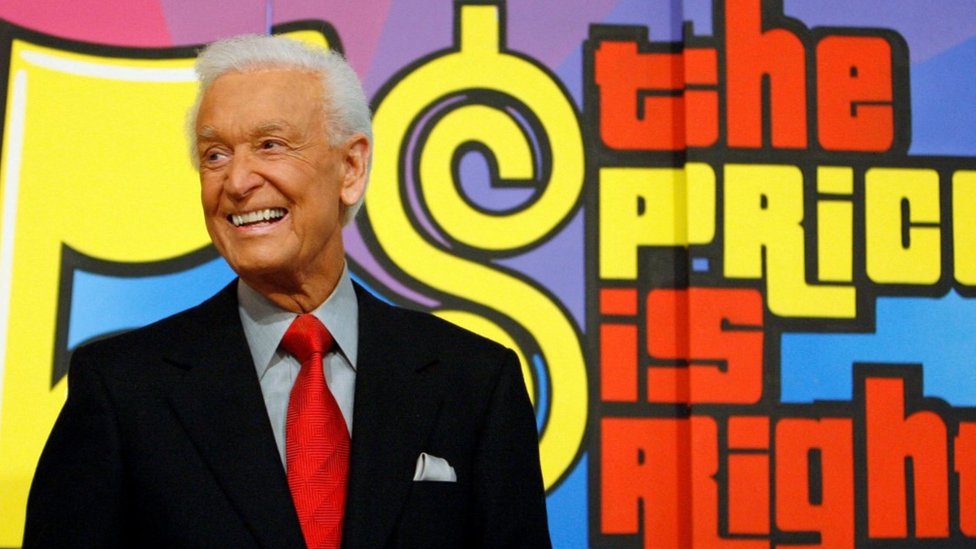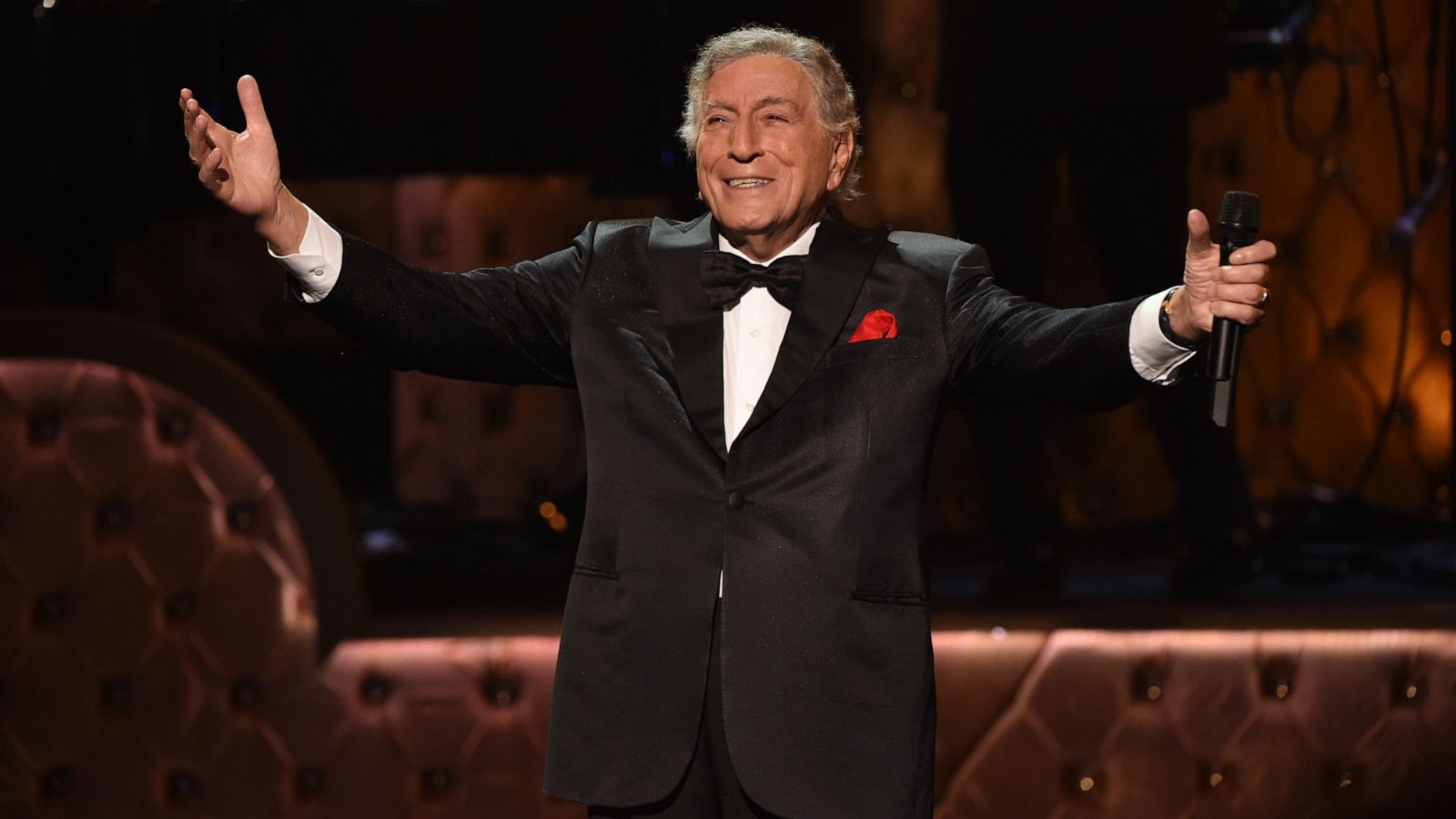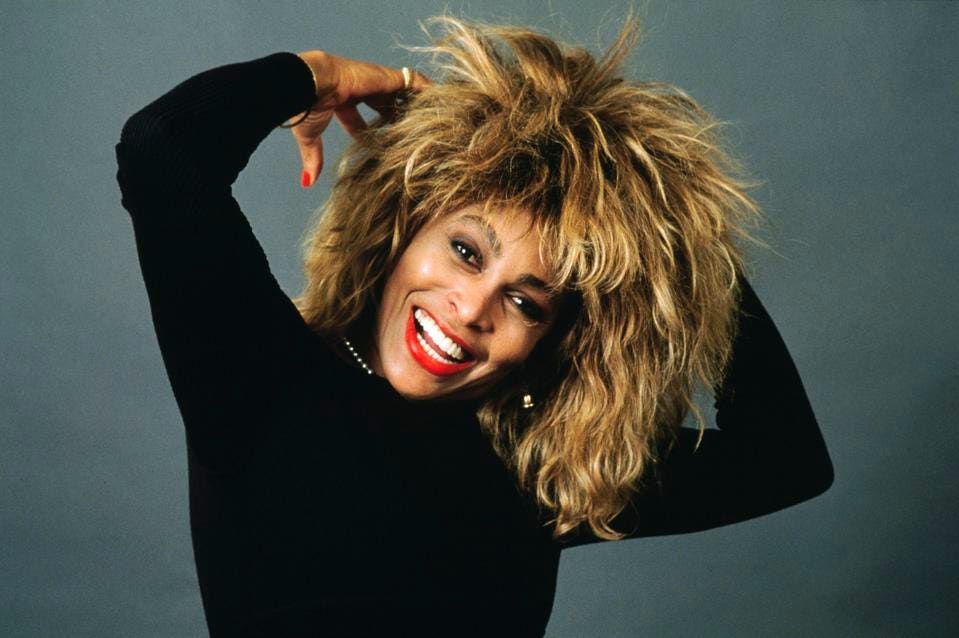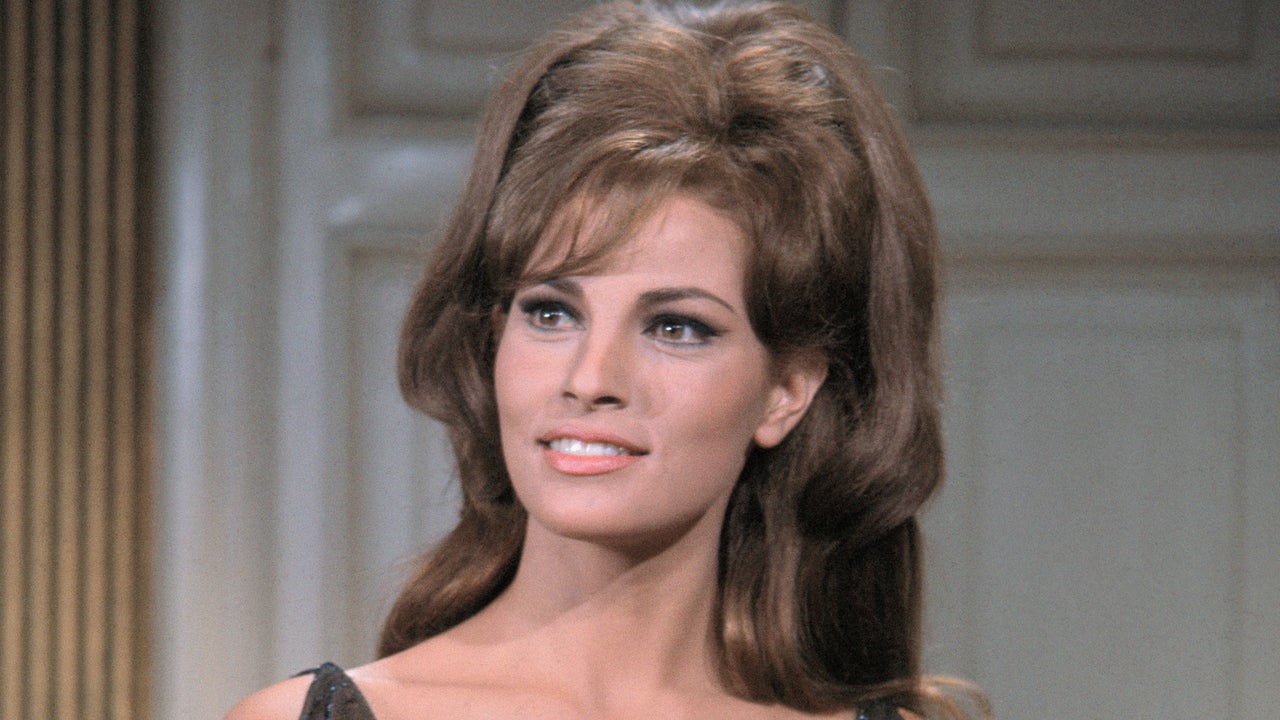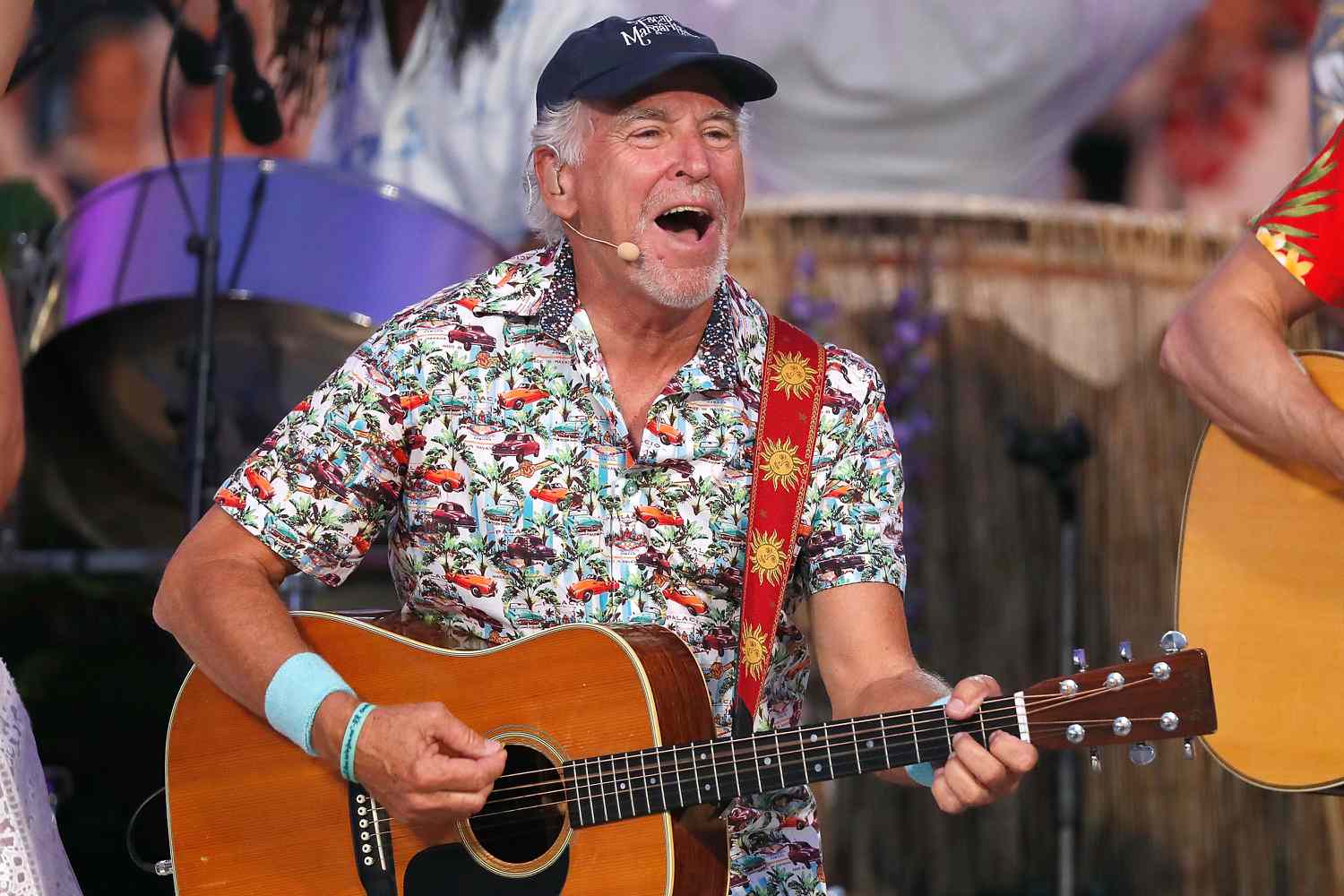The sanctity of the doctor-patient relationship, once regarded as a bastion of privacy, is undergoing a transformation with the advent of ambient artificial intelligence (AI) in medical settings. Similar to Amazon’s Alexa, this emerging technology listens to conversations during medical visits and generates clinical notes summarizing the encounter. While initially unsettling, this innovation holds the potential to revolutionize healthcare delivery. A recent report in the New England Journal of Medicine sheds light on the deployment of ambient AI in The Permanente Medical Group, Kaiser’s Northern California physician group. Since October 2023, more than 3,400 doctors have utilized ambient AI scribes in over 300,000 encounters. The findings reveal numerous benefits cited by doctors, including more meaningful interactions with patients and reductions in after-hours note writing. Patients also expressed satisfaction with the technology, with some describing their physicians as more attentive, possibly due to the avoidance of note writing during the visit, which can be distracting.
This shift towards ambient AI in medical documentation marks a departure from traditional practices, raising both opportunities and concerns. While the technology streamlines administrative tasks and enhances doctor-patient interactions, questions about patient privacy and data security remain paramount. As ambient AI becomes more prevalent in healthcare settings, stakeholders must carefully navigate these ethical and regulatory considerations to ensure that patient confidentiality and trust are upheld. Ultimately, the integration of ambient AI represents a pivotal moment in the evolution of healthcare, offering the potential to improve efficiency, enhance patient care, and redefine the doctor-patient relationship in the digital age.
Improved Doctor Efficiency: The introduction of AI scribes significantly reduces the time doctors spend on electronic health records (EHRs), which often consumes up to six hours of their day. This newfound efficiency offers a potential reprieve from the burdensome task of note writing, which frequently extends into late-night hours at home. The critical question lies in how this saved time will be reinvested. One possibility is that doctors may allocate more time to patient interactions, fostering improved relationships and communication. Alternatively, spending more time with their families could mitigate the pervasive issue of physician burnout. However, there’s a looming concern that health systems, as purchasers of AI, may expect doctors to see more patients with their newfound time, potentially perpetuating the cycle of exhaustion and rushed consultations.
More Accurate and Complete Notes: In the study conducted by The Permanente Medical Group (TPMG), AI scribes demonstrated the capability to produce high-quality note drafts. These drafts could be reviewed and edited by doctors before being incorporated into EHRs. One notable improvement over conventional note-taking methods is the AI’s ability to capture the entirety of the conversation, eliminating the risk of overlooking crucial details. Unlike the human brain, which may falter in recalling specific information hours later, AI ensures that all issues discussed during the visit are documented accurately. This comprehensive documentation increases the likelihood of addressing all relevant concerns, thereby enhancing the quality of patient care.
Another significant consideration is the occurrence of “hallucinations” within AI-generated notes. This phenomenon occurs when the AI introduces errors by documenting events or information that did not actually occur during the medical encounter. In the TPMG study, a notable instance of this was documented, where the physician and patient discussed scheduling a prostate examination, yet the AI inaccurately recorded that the examination had already been performed. This highlights the critical importance of double-checking any content generated by AI for correctness and accuracy.
Better Clinical Decisions: While scribing currently serves as an initial application for ambient AI, its capabilities extend far beyond. Envision a scenario where, post-analysis of your conversation, the AI offers insightful suggestions regarding your healthcare. Perhaps it notes that you’ve overlooked a follow-up on a test result from years past, such as an x-ray recommendation for repeat imaging, prompting your physician to consider further care. Studies have demonstrated AI’s ability to aid in interpreting medical images, identifying rare diseases, and analyzing pathology specimens. Whether ambient AI can effectively contribute to diagnostic or treatment recommendations remains uncertain. However, the prospect of enhancing clinical decision-making through this technology is promising.
Security And Privacy Issues: Once your conversation is recorded, questions arise regarding its storage and usage beyond mere note-taking. AI technology firms must confront these inquiries and adhere to Health Insurance Portability and Accountability Act (HIPAA) regulations. Moreover, as technology advances, new regulations may need to be established to ensure compliance.
AI has entered the mainstream through widely-used applications like ChatGPT-4 and Bard, now familiar to consumers. Its integration into healthcare settings, including doctor’s offices, is imminent. Adopting a curious mindset and inquiring about the implications of this potentially transformative technology on your care is advisable.

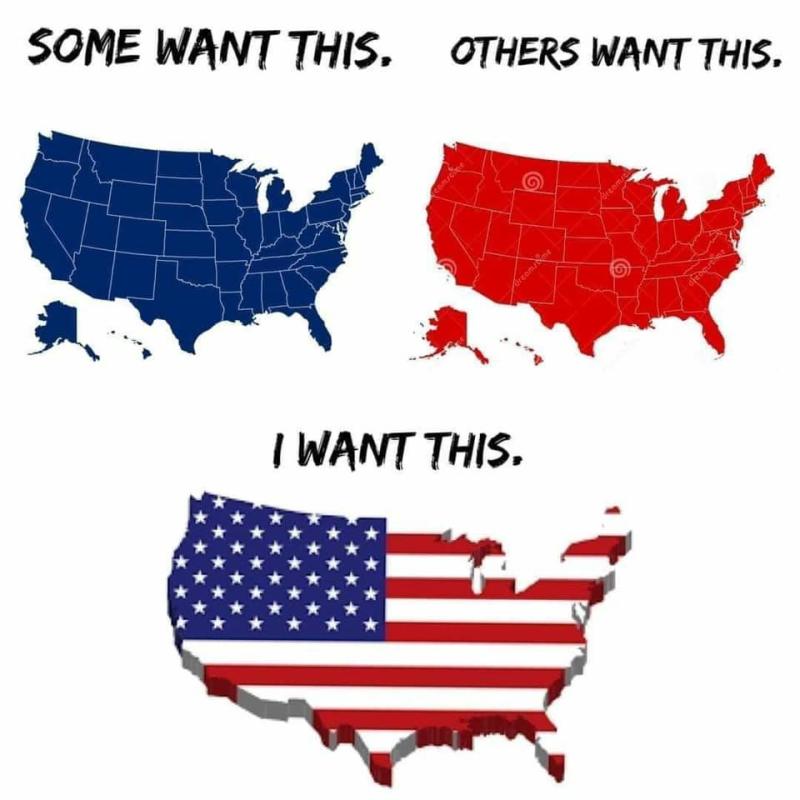
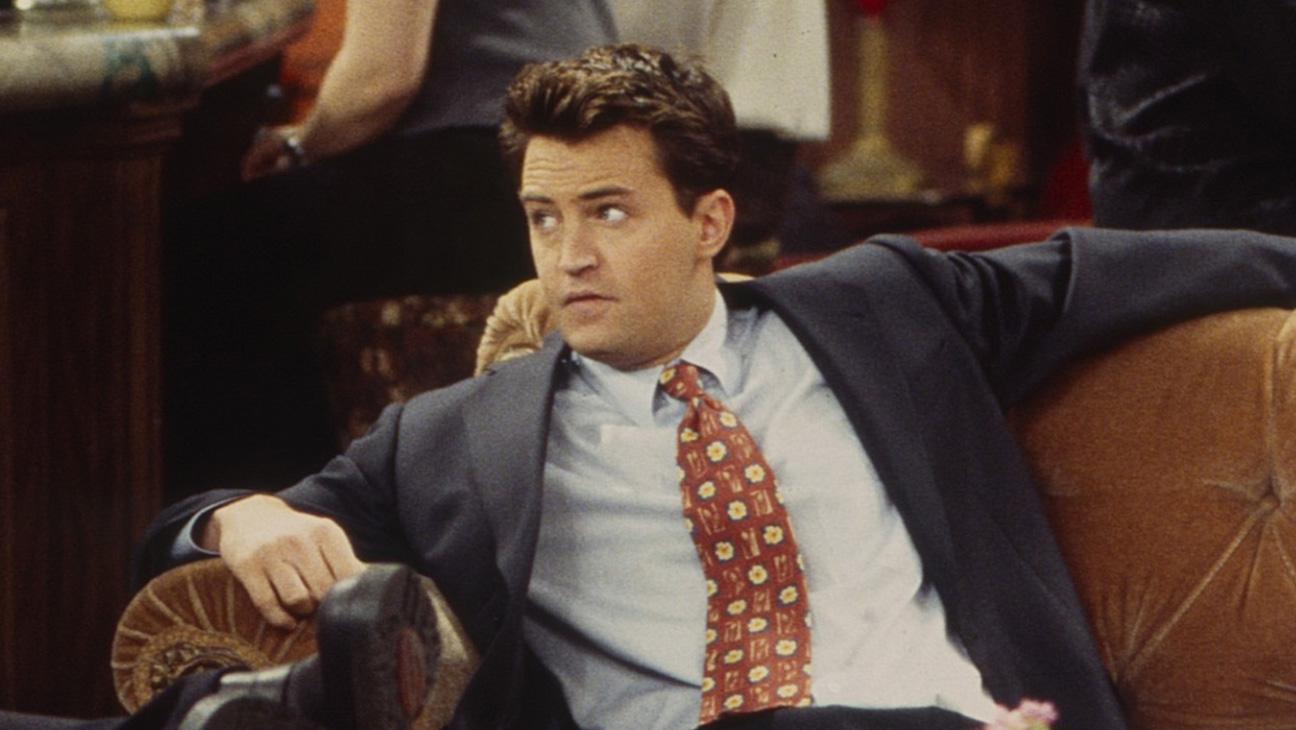 Matthew Perry, a natural comic actor starred as Chandler Bing on the NBC television sitcom Friends, died on October 28th at the age of 54. Perry also appeared on Ally McBeal and received Primetime Emmy Award nominations for his performances in The West Wing and The Ron Clark Story.
Matthew Perry, a natural comic actor starred as Chandler Bing on the NBC television sitcom Friends, died on October 28th at the age of 54. Perry also appeared on Ally McBeal and received Primetime Emmy Award nominations for his performances in The West Wing and The Ron Clark Story.